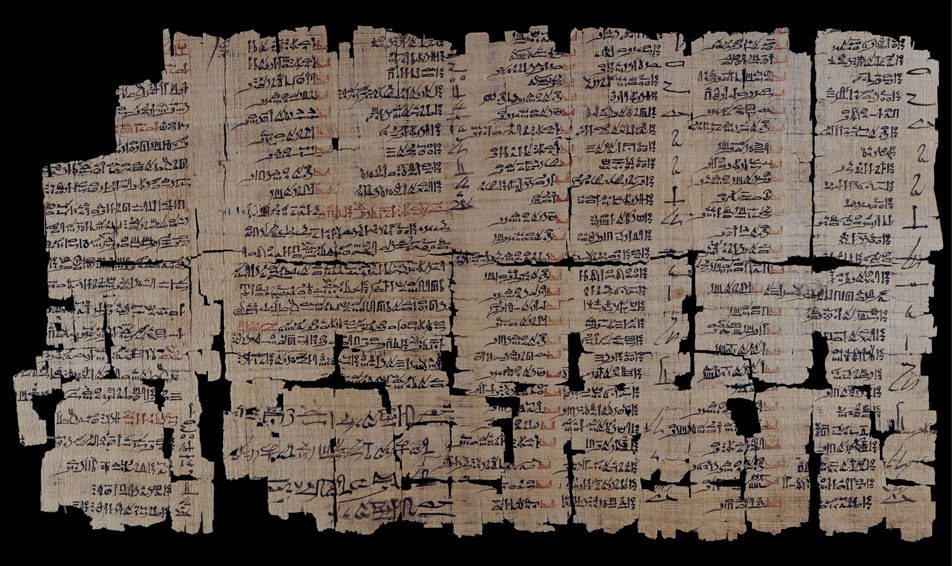Dreams

About Dreaming
The practice of recording and interpreting dreams is as old as time. The incredible power and wisdom of the dream is illustrated in Genesis when Joseph, a dreamer, interprets dreams for Pharaoh. So revered is he for this ability, Pharaoh raises him up to become second only to Pharaoh himself. Healing by means of a dream was practiced in ancient Greece where a sick person entered a special healing temple dedicated to Asclepius, the god of medicine. The person spent the night in the most sacred part of the temple, the asclepieion, and in the morning described their dream to the priest. The priest would interpret the dream, and prescribe the healing measures based on the dream. The dreams were thought to be messages from the gods.
The dream is one of the greatest natural resources an individual possesses—and we all do. Even people who claim never to remember a dream—dream. Every night during the REM stage of sleep while we lie sleeping, our mind is busy creating the images of dreams. While some researchers hypothesize that dreams are random firing of the brain during sleep, the practice of sharing our dreams and finding meaning is universal.
Dream language differs from waking language. It is made up of images, feeling states, metaphors, allegories, puns, and playful tricks that are not easily comprehended by the awake mind. The dream unlike waking thought, is not confined by the laws of nature or conventions of civilization. Freud believed that the images of the dream were a cover for a real and deeper meaning, usually sexual. Jung, on the other hand, believed the dream image was exactly what it was, and was a symbol that was meaningful to the dreamer.
- Dream facts:
- Everyone dreams every night however not everyone remembers their dreams.
- Most dreams last between five and twenty minutes. Shorter dreams occur early in the sleep cycles, and later, the dreams become longer.
- Animals dream.
- The amygdala is more active during REM sleep and during this stage there is more negative emotion. Memories are replayed but not compressed. The brain sseems to be trying to experience into the future.
- We dream during non-REM sleep and these dreams are characterized by positive regard for self and help us learn. This is a lighter state of sleep, and the dreams experiencing of the past during this stage are trying to figure out how to relate to the future.
- Rats who are deprived of dreaming time die sooner than those who aren’t.
- You can’t dream when snoring.
- The word nightmare originally meant an evil female spirit that oppressed sleepers and caused a feeling of suffocation.
- Dreaming helps you solve problems. Many inventions originated in dreams.
- Negative emotions are more common in dreams than positive ones.
